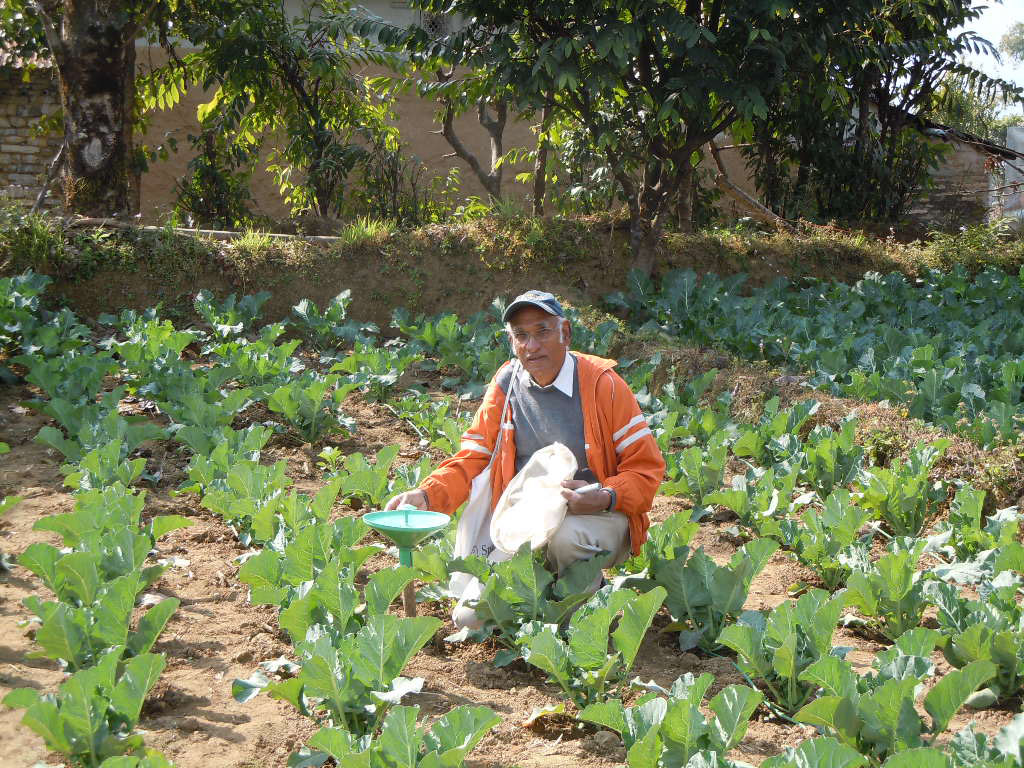Virginia Tech co-organizes symposium to address plant virus diseases in the developing world

Plant diseases caused by insect-transmitted viruses are a threat to the food security of developing countries, causing serious crop and income losses for people whose livelihoods depend on farming. A symposium in India sponsored by an Indian university and the American government, co-organized by Virginia Tech, will bring together scientists to review the status of these diseases and discuss methods of combating them.
Research and Management of Insect-Transmitted Virus Diseases in the Tropics and Subtropics will be held July 10 to 13 in Coimbatore, India. The Integrated Pest Management Collaborative Research Support Program, funded by the U.S. Agency for International Development, and Tamil Nadu Agricultural University are sponsoring the four-day symposium. Muni Muniappan, director of the integrated pest management program managed by Virginia Tech’s Office of International Research, Education, and Development, is helping organize the conference.
“Developing country scientists are in dire need of information on how to control plant virus diseases,” says Muniappan. “This symposium will allow them to come together and create their own research programs to help them manage these diseases, and in turn improve food security in their countries.”
Participants and invited speakers will cover fundamental and applied aspects related to virus diseases. Discussions will focus on emerging and re-emerging virus diseases, especially those of vegetable crops, and on establishing a coordinated program to identify and manage virus diseases affecting cucurbits (the plant family consisting of squashes, melons, and gourds), eggplant, okra, pepper, and tomato.
Registration for the conference may be made up until the symposium start date of July 10
Dedicated to its motto, Ut Prosim (That I May Serve), Virginia Tech takes a hands-on, engaging approach to education, preparing scholars to be leaders in their fields and communities. As the commonwealth’s most comprehensive university and its leading research institution, Virginia Tech offers 240 undergraduate and graduate degree programs to more than 31,000 students and manages a research portfolio of $513 million. The university fulfills its land-grant mission of transforming knowledge to practice through technological leadership and by fueling economic growth and job creation locally, regionally, and across Virginia.
.




